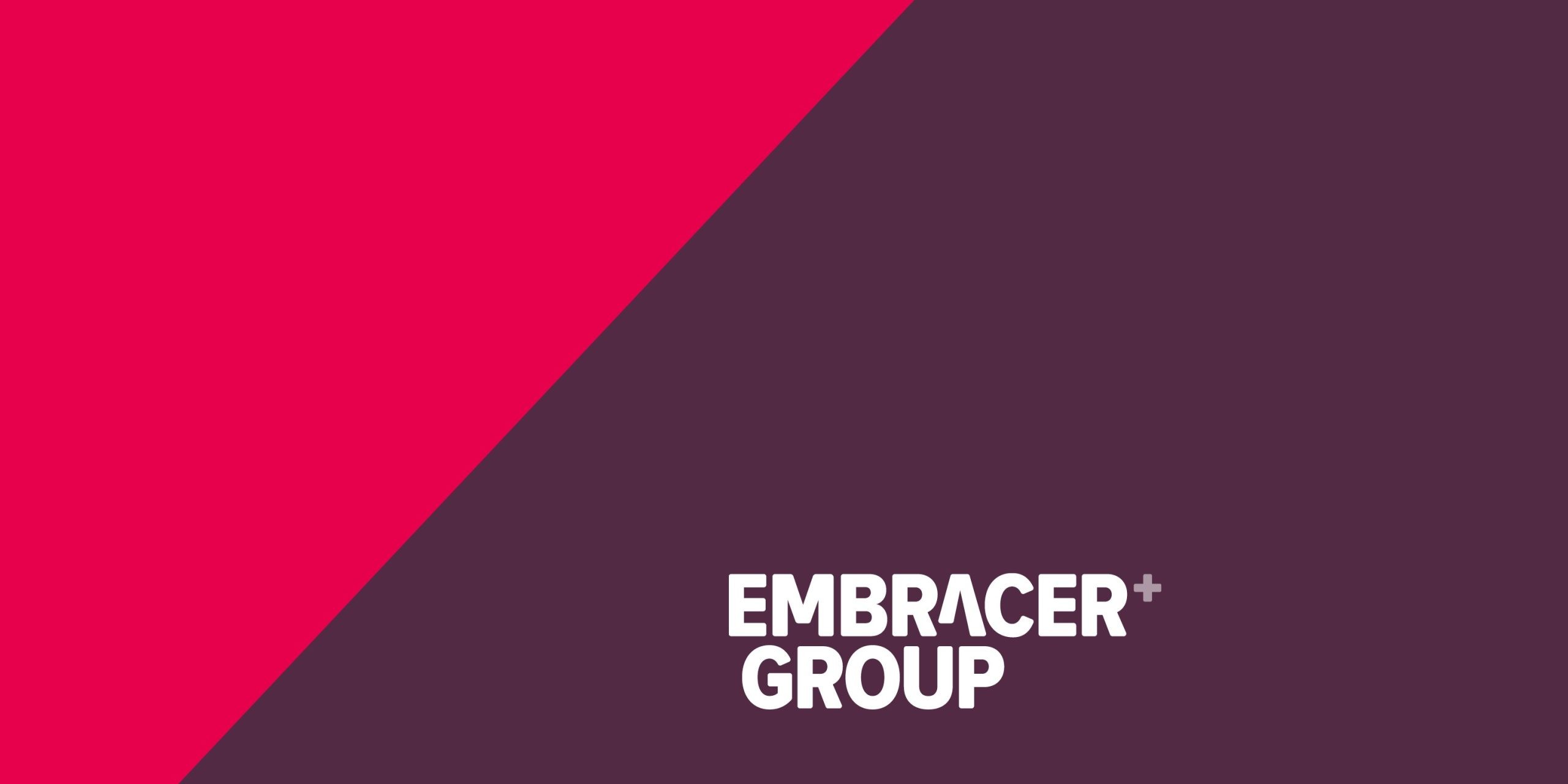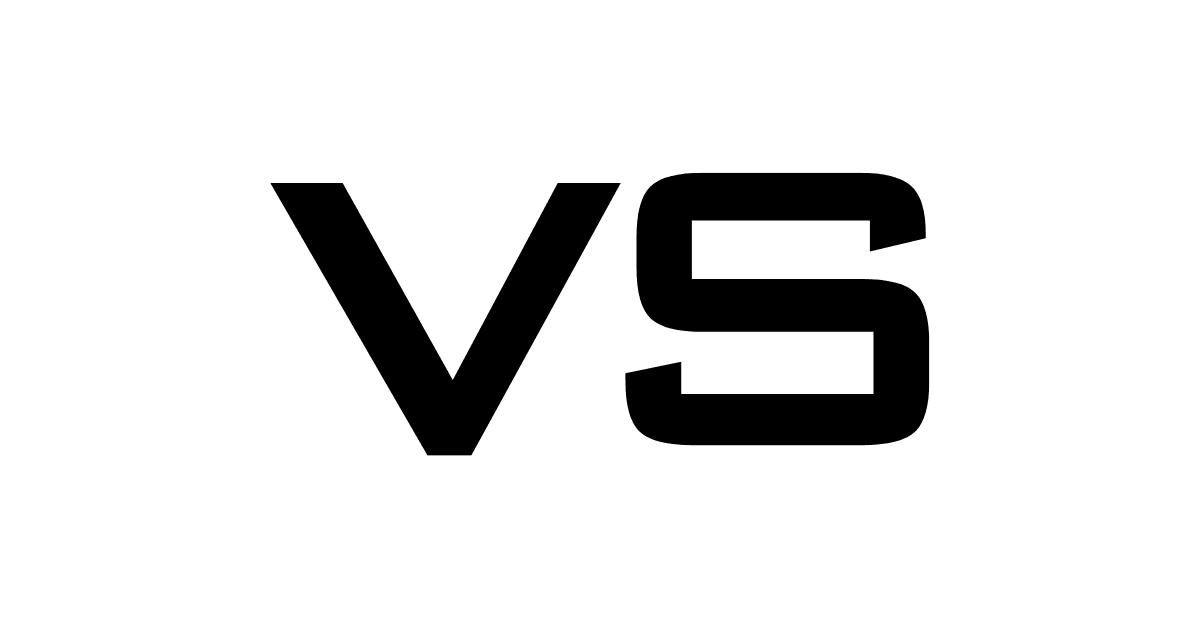Embracer Group layoffs have reshaped the gaming industry over the past two years.
From 2023 to 2025, the company cut more than half its workforce, shut down dozens of studios, and canceled nearly 80 in-development games. What began as one of the fastest-growing empires in gaming unraveled into one of its most dramatic collapses.
In this article, we break down every major layoff in chronological order, explain what led to the downfall, and explore what’s next for Embracer Group after years of rapid growth and sudden restructuring.
Total Embracer Group Layoffs (2023–2025)
Between mid-2023 and mid-2025, Embracer Group cut approximately 7,800 jobs across its global operations.
This number includes:
- 1,387 layoffs in late 2023
- Hundreds at Lost Boys Interactive
- 97 employees at Eidos-Montréal (plus 75 more in 2025)
- Around 2,950 jobs were lost through the Saber and Gearbox divestitures
- Roughly 1,800 additional layoffs across Slipgate, 3D Realms, mobile teams, and closed studios like Piranha Bytes
What began as a cost-cutting measure snowballed into one of the most extensive downsizing efforts in modern gaming. In total, Embracer cut over 50% of its workforce between 2023 and 2025.
Embracer Group Layoffs: Full Timeline and Breakdown
After its explosive growth, Embracer Group faced a harsh reality: it had overextended. What followed was one of the largest and most painful restructuring efforts the gaming industry has seen in recent years.
Here’s a breakdown of each major layoff event, what happened, and how many jobs were lost.
June 2023 Embracer Group Layoffs
Embracer officially announced a major company-wide restructuring in June 2023, triggered by the collapse of a $2 billion investment deal (Axios, 2023). This was the first sign that the company’s rapid expansion had become unsustainable.
The restructuring plan included studio closures, game cancellations, and layoffs across multiple subsidiaries. While initial numbers weren’t disclosed, it marked the start of a long series of cuts that would stretch well into 2025 (Destructoid, 2023).
July–December 2023 Embracer Group Layoffs
Throughout the second half of 2023, Embracer cut 1,387 jobs – around 8% of its total workforce at the time (VGC, 2023). This included layoffs across various gaming studios and publishing teams.
By November, internal documents revealed that at least 15 unannounced games had been canceled, and several studios were operating with skeleton crews (Game8, 2023; VGChartz, 2023).
Many affected employees were part of mid-sized studios within THQ Nordic, Plaion, and Saber Interactive.
January 2024 Embracer Group Layoffs
The start of 2024 brought more high-profile layoffs.
At Lost Boys Interactive, a U.S.-based studio owned by Gearbox, a “massive” number of employees were let go, reportedly affecting hundreds of developers (Neowin, 2024). The studio had previously been involved in co-development on major titles like Tiny Tina’s Wonderlands.
Around the same time, Eidos-Montréal laid off 97 employees and confirmed that its in-development Deus Ex game had been canceled after two years of work (Ars Technica, 2024).
December 2023–January 2024 Embracer Group Layoffs
Layoffs continued at studios under Saber Interactive and Freemode.
Roughly 50% of the staff at Slipgate Ironworks and 3D Realms were let go, with many developers confirming on social media that entire teams had been disbanded (Wikipedia, 2024).
Meanwhile, Piranha Bytes, the German studio known for ELEX and Gothic, was quietly shuttered. While no official layoff numbers were shared, the studio effectively ceased operations by June 2024.
March 2024 Embracer Group Layoffs
In March, Embracer finalized the sale of Saber Interactive and Gearbox Entertainment, cutting nearly 2,950 jobs in the process (Wikipedia, 2024). This divestiture included entire teams from 3D Realms, Digic Pictures, Mad Head Games, and several others across Europe and North America.
While some studios were sold intact, many roles were dissolved as part of the transition or closed altogether.
Throughout 2024–2025
By the end of fiscal year 2023/24, Embracer had reduced its workforce from 15,700 employees to just under 7,900 – a loss of nearly 7,800 jobs (Wikipedia, 2024). A total of 44 studios were closed, and 80 in-development projects were canceled, including major titles like Deus Ex, TimeSplitters, and Red Faction.
In March 2025, Eidos-Montréal faced another round of layoffs, cutting an additional 75 staff (Wikipedia, 2025).
A final tally released in mid-2025 showed that Embracer had let go of nearly 2,000 employees across PC/console and mobile divisions over the past year alone (Insider Gaming, 2025).
Factors Contributing to Embracer Group Layoffs
So what led to this massive wave of layoffs and closures? It wasn’t just bad luck – it was a combination of risky decisions, financial overreach, and structural issues that built up over time.
1. The Failed $2 Billion Investment Deal
The single most immediate trigger was a collapsed $2 billion funding deal, reportedly with Saudi Arabia’s Savvy Games Group (Axios, 2023). This deal had been expected to fuel new projects across the entire company, including high-cost AAA games.
When the deal fell through in May 2023, Embracer was left with no backup plan and a multi-billion-dollar debt it couldn’t service.
2. Over-Aggressive Expansion
Embracer bought more than 60 companies between 2020 and 2022, including major publishers like Gearbox, Saber, and Dark Horse. But it grew so fast that it couldn’t effectively manage or integrate its acquisitions.
This left the company with duplicated roles, inefficient pipelines, and dozens of overlapping projects – all draining resources without clear ROI.
3. Bloated Project Pipeline
At one point, Embracer had over 200 games in development, many of which were mid-budget or AAA titles with long timelines and uncertain profitability.
Without outside investment or hit releases to fund them, these games became liabilities. That’s why 80 of them were canceled in the restructuring.
4. Low-Performing Releases
A few of Embracer’s high-profile launches – like Saints Row (2022) and Alone in the Dark (2024) – underperformed commercially and critically. These flops hurt revenue and made it harder to justify continued spending on similar titles.
5. Investor Pressure and Market Conditions
Like many gaming companies, Embracer faced increased scrutiny from investors in a post-COVID market slowdown. The era of cheap capital and sky-high valuations ended, and Embracer’s high-risk model suddenly looked a lot more fragile.
Impact of Embracer Layoffs on the Gaming Industry
Embracer’s downsizing didn’t just affect internal teams – it sent shockwaves through the entire industry.
Impact on Individual Studios
For many developers under Embracer, the layoffs meant canceled projects, lost jobs, or total shutdowns. Some of the biggest casualties included:
- Volition: After nearly 30 years and franchises like Saints Row and Red Faction, the studio was closed in August 2023.
- Free Radical Design: Tasked with reviving TimeSplitters, the studio was shut down in December 2023 before the game could materialize.
- Piranha Bytes: Known for Gothic and ELEX, this German studio quietly shut its doors by mid-2024.
- Lost Boys Interactive: A promising studio tied to Gearbox lost a large portion of its staff in early 2024.
- Eidos-Montréal: While not shut down, the studio lost key staff and saw its Deus Ex reboot canceled – a huge blow to fans and to the studio’s long-term vision.
- Slipgate Ironworks and 3D Realms: Both suffered heavy cuts, losing around half their workforce.
Many of these studios had been growing or reviving IPs under Embracer’s umbrella. The abrupt cuts disrupted creative momentum, halted promising projects, and created long-term uncertainty for developers.
Impact on the Gaming Industry as a Whole
Embracer’s collapse became a cautionary tale for the industry.
Here’s how it affected the broader landscape:
- Publisher strategy shifted: Other publishers slowed their acquisition plans and began emphasizing profitability and focus over raw growth.
- Investor confidence dropped: The layoffs eroded trust in gaming as a hyper-growth sector. Public gaming companies felt pressure to cut costs and reduce headcount.
- Talent displacement: Thousands of experienced developers were suddenly out of work, flooding the job market during a time when many studios had already frozen hiring.
- Canceled games = creative loss: At least 80 in-development projects were scrapped. These weren’t just line items – they were years of creative work, now gone. That means fewer experimental games, new IPs, and genre risks reaching players.
- The indie ripple effect: Smaller studios saw funding dry up, especially in Europe, where Embracer had backed dozens of niche teams.
What’s Next for Embracer Group?
After two brutal years of restructuring, Embracer is trying to rebuild – but it’s doing so with a very different strategy.
Instead of chasing more acquisitions, CEO Lars Wingefors has said the focus now is on “making better products and games” and restoring financial stability (Embracer Group, 2024). That means fewer studios, fewer projects, and more selective investment in high-potential franchises.
The biggest move going forward is the company’s plan to split into three separate, publicly traded companies by the end of 2025:
- Fellowship Entertainment – Will house Embracer’s biggest IPs (Tomb Raider, The Lord of the Rings, Metro, etc.) and its AAA studios.
- Coffee Stain & Friends – Focused on creative, community-driven indie and AA games like Satisfactory and Deep Rock Galactic.
- Asmodee Group – Will lead the board game division, managing titles like Catan, Ticket to Ride, and more.
All three entities will be owned under a new parent company, Embracer AB, with Wingefors continuing as CEO.
It’s a major pivot – and a chance to do things differently. By slimming down and focusing on core strengths, Embracer hopes to regain investor trust, improve margins, and avoid repeating the same mistakes that led to its collapse.
Whether that works remains to be seen. But for now, the studio closures have stopped, the bleeding has slowed, and Embracer is finally rebuilding from the ground up.
Data Source
- Destructoid. (2023). Embracer Group to restructure with studio closures and layoffs.
- Video Games Chronicle. (2023). Embracer confirms it’s now laid off 1,400 employees and says more could be coming.
- Game8. (2023). Embracer lays off more than 900 employees and cancels 15 upcoming games.
- VGChartz. (2023). Embracer Confirms Layoffs, Project Cancellations Continue.
- Neowin. (2024). More Embracer Group cuts revealed as Lost Boys Interactive hit with massive layoffs.
- Ars Technica. (2024). Report: Embracer’s ongoing layoffs kill a new Deus Ex game after 2 years’ work.
- Wikipedia. (2024–2025). Various entries including Embracer Group, Slipgate Ironworks, Piranha Bytes, and Eidos-Montréal.
- Insider Gaming. (2025). Embracer Let Go Nearly 2,000 Employees in the Last Year.
- Axios. (2023). Inside the $2 Billion Deal That Broke Embracer.



![100 Most Downloaded Mobile Games of All Time [2026 Update]](/static/99afae46062235e3169a5215ce144b16/0ccb9/subway-surfers-game-design.png)


